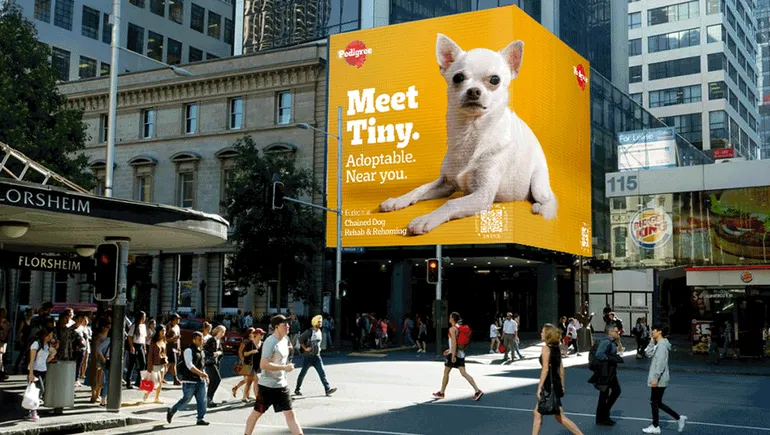
Agency M&A outlook: Change is coming
With consumers rethinking their priorities, employees rethinking their jobs and marketers rethinking their rosters, it should naturally follow that agencies will be rethinking the ways they do business, and with whom. In the months ahead, this is likely to lead to a number of acqui-hires by agencies, mid-sized shops looking for exit strategies, an influx of private investment and premium pricing for any digital-related deals, among other merger and acquisition trends in the space.
Less than a month into the new year, Publicis Groupe announced it would purchase Bucharest-based software engineering company Tremend to add to its Publicis Sapient business, and MDC Partners owner Stagwell bought U.K. independent media agency Goodstuff. As agencies, holding companies, management consultants and private equity firms look to expand their reach into the marketing industry, the rate of agency mergers and acquisitions is unlikely to slow down.
Perhaps the single biggest driver for M&A activity this year is the talent gap. In its Predictions 2022: Agencies report last November, Forrester indicated factors such as the rise of remote work, the gig economy and the so-called Great Recession could result in an acute staffing shortage of as many as 50,000 people globally.
“The labor market will be a driver,” said Greg Paull, co-founder and principal at consulting firm R3. “Some might consider merging with or acquiring another agency as a near-term solution to the shortfall in skilled labor.”
Distress sales
It’s not just the talent (or lack thereof) at the middle or lower ranks that will drive the activity, either. After two years of nonstop movement, pivoting and learning on the fly, some of the top executives — particularly those who built businesses from scratch — may be ready to get out. In fact, M&A activity for regional, independent agencies is likely to be the most active it’s been in a decade, according to Michael Goldberg, principal at Rojek Consulting Group.
“A lot of founder-led agencies have either had their best year in five years or their worst year in five years,” Goldberg said. “That means it’s either time to cash out or get out. There’s going to be a lot of distress sales for mid-sized agencies.”
Opportunistic agencies may see this as the time to deploy M&A as a growth strategy, Goldberg noted.
“Many of these deals will be based on acquiring talent and key clients,” he said.
One thing that will not matter is location. The world’s growing comfort with Zoom meetings, Dropbox files and at-home work has made geography — which had been waning as a business factor for years — even less important, Goldberg said.
“Nobody’s buying for dots on a map,” he said. “There are people everywhere. The remote workplace has changed everything.”
Performance marketing is hot
Agencies will also look to M&A as a way to update their business and operating models in response to the changes clients have made over the past two years of the pandemic.
“Companies know they need new capabilities and digital transformation,” R3’s Paull said.
Hot targets will continue to be the shops that specialize in ad tech, analytics and performance.
“We’ve heard of performance marketing companies getting ten times their valuation,” said Jay Pattisall, principal analyst at Forrester. “The top priority for marketers is for last touch attributions, and agencies that have that can provide value to clients.”
The industry can expect to see an influx of private equity investment as well. Horizon Media’s late December announcement that it was selling minority stakes of its privately owned company to Singapore-based investment firm Temasek and New York-based firm LionTree raised eyebrows and has opened up possibilities. Pattisall expects outside investment to continue as agencies get better at proving their value to their clients’ bottom lines.
“As the world has become more digital-first, we’re in a much better position to understand marketing’s contribution to the business,” Pattisall said. “Clients are saying, ‘We need to build an engine to drive leads.’ And when they go to look at an agency partner, they’re looking for lead generation and acquisition capabilities.”
Finally, there will always be a need for creativity. As emerging customer channels become commonplace — looking at you, metaverse — the need for new methods and tactics to engage consumers will only grow.
“There will always be an opportunity for creative consultancies,” said Tom Browning, president at search consultancy JLB + Partners. “If I have ideas that will create more value and reach more customers, I am of service to you as a client.”





